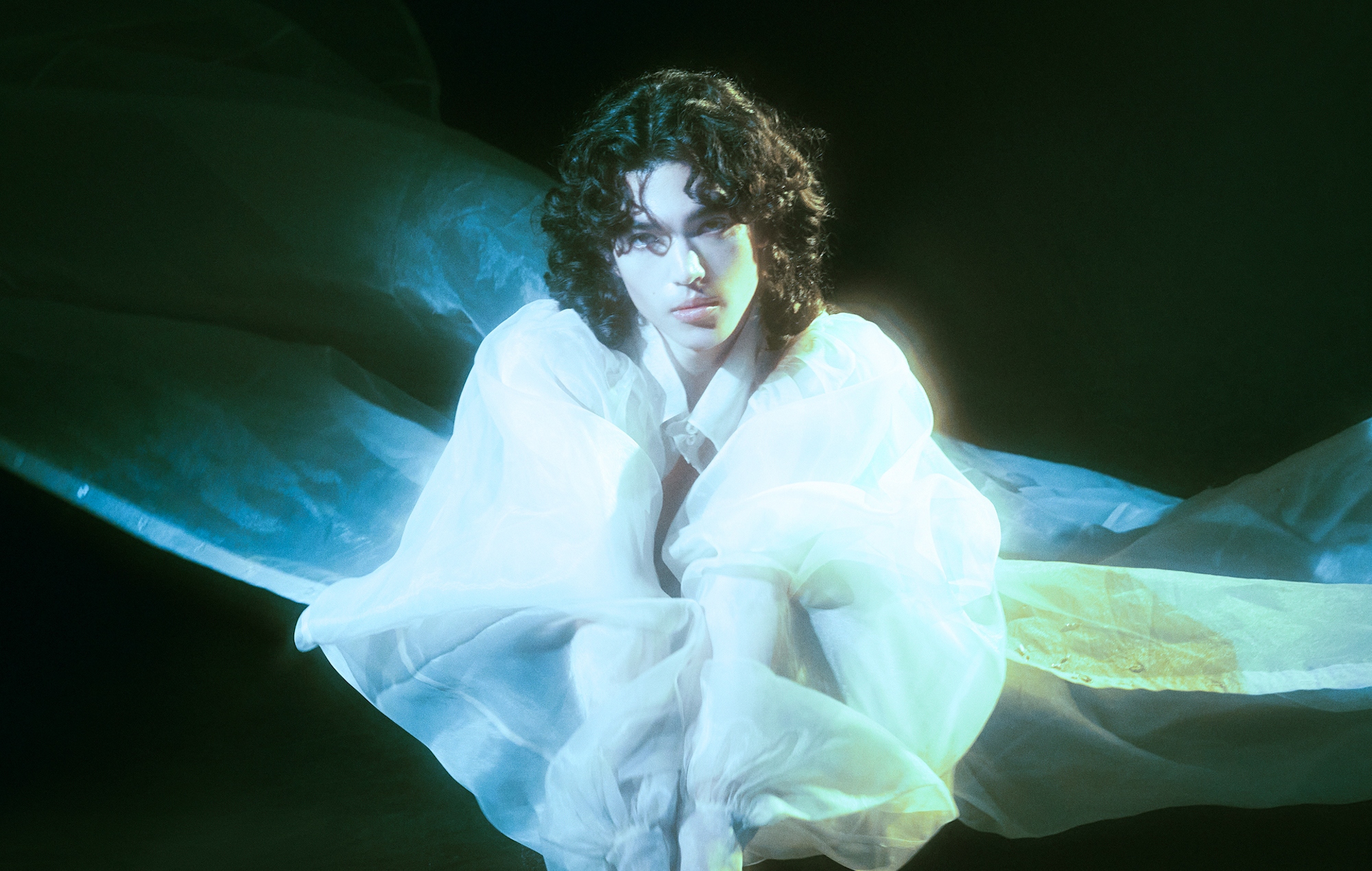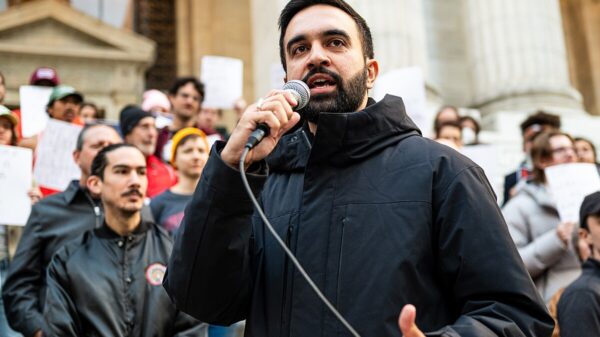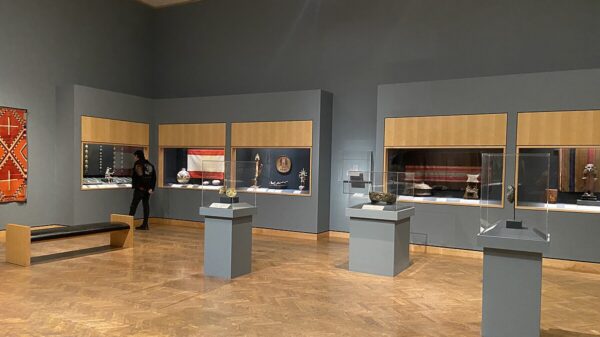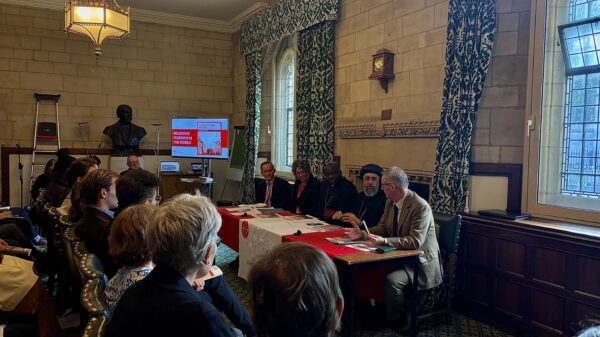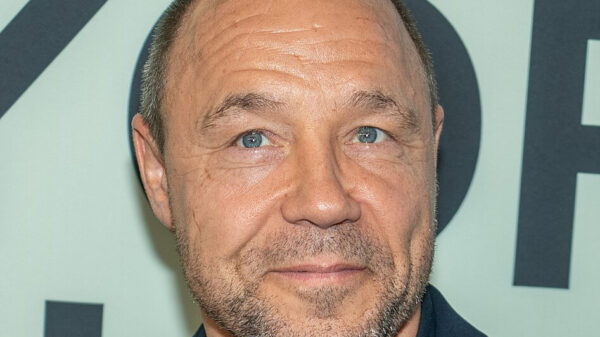Staff writer Polly Symes explores Wishbone as an ode to the whirlwind of emotions that follow the end of a tumultuous relationship. Through a carefully considered track order, the album’s emotional peaks and troughs will keep listeners hooked until the final chord.
Conan Gray is an artist whose popularity is only growing, having first reached mainstream success with his song Heather on Kid Krow (2020). Heather became a hit for its lamenting melody, and the lyrical relatability of an unrequited crush. Since then, Gray’s musical output has matured massively, but he still manages to connect with his listeners through the same deeply personable lyrics. These lyrics often form perfect fodder for TikTok remixes. For example, in Wishbone’s (2025) Nauseous, Gray confesses that “maybe that’s why I feel safe with bad guys -because when they hurt me I won’t be surprised”.
The album title, Wishbone, is a reference to the ritual of competing for a chicken’s ‘wishbone’, becoming a metaphor for the winner and loser of romantic relationships. On the album cover, we see Gray wielding a wishbone like a weapon over his right shoulder, perhaps in an attempt to take back control of the narrative. Beyond this, wishes and luck become motifs across many of its songs, notably on the eleventh track, Eleven Eleven, in which Gray admits, betraying his youth, that “I still wish for you at eleven-eleven”.
One of the standouts of the album is its lead single, This Song, arguably the only love ballad in its 12-song track-list. The sweeping strings of the chorus embody the jubilation and thrill of falling for someone, before you know if they return the affection. In the music video, Conan Gray and actor Corey Fogelmanis (who continues to appear in Gray’s music videos) star as young lovers in golden hour bathed small-town Texas, to beautiful cinematic effect.
The following track, Vodka Cranberry, is the most-streamed song off Wishbone so far, and opens the door to the album’s theme of alcohol misuse. The lyrics open with Gray’s signature perceptiveness, as he notes that “You say we’re fine, but your brown eyes are green this time, so you’ve been crying”. Later, Gray confesses to being “way too drunk off a vodka cranberry”, leading to him decide to “end things”. There is something of the theatrical in the in-your-face chorus, which arguably lacks the emotional subtlety of the verses. However, Gray managed to capitalise on this theatricality at the 2025 Video Music Awards, performing Vodka Cranberry as a queer ode to Romeo and Juliet.
Lyrically, fans will have ample ammunition with which to speculate on who the album was written about. In Connell, Gray omits that this lover is “from London streets”, and in Sunset Tower he says “I […] hope that you die inside every time I’m playing in London”. Additionally, in the poster included with the Wishbone CD, we can see a black cat drinking out of a mug daubed with the Union Jack.
The lyrics of Wishbone are deeply personal – so much so that Gray never intended for this album to be released. Heartbreakingly, a theme across the album is that of hidden love: an experience many queer listeners will relate to. Indeed, Actor, the first track, is a song about how an ex-lover wants to pretend that nothing ever happened between them, paving the way for this thread to continue throughout the album. In Romeo, Gray decides he was “just your experiment”, whilst in the bridge of My World, Gray accuses his lover of “living a lie”. Worst of all, in the agonising Connell, Gray reminds himself that “You were never outside with me […] and […] it’s dumb that I’d ever think that I’d meet your mum and dad”, concluding that “You remind me of my father, slurring words. You remind me of how little I deserve”. Indeed, lyrically, Connell is undoubtedly the most powerful and mature track of the album, with the echoing, guttural vocals of the outro, combining with the heavy electric guitar, becoming the most satisfying rake down the listener’s spine.
However, emotional chasms stand side-by-side with vicious get-backs, such as in Romeo, a breakup anthem in which Gray talk-rants about a past lover’s “egoist actor friends” and “cigarettes”, while lamenting having ignored his friends’ advice to find a “better guy”. This speaking style has a note of Olivia Rodrigo’s Get Him Back (2023), with the two artists often sharing snippets of their shared friendship on social media. The opening trumpets of Romeo speak to British pomp and ceremony, but the drumbeat drives the track forward until we reach the chorus’ declaration that “I’m never gonna want you back”. It’s a powerful fuck you to someone whose clearly fucked Gray over and is, of course, “no Romeo”.
Another immediate standout, energy-drive anthem is Track 8, Caramel. The percussion, combined with Gray’s belted chorus, make it the tune to scream aloud as you’re driving with the windows down. By looking back on a past relationship through the lens of colour, Gray follows in Taylor Swift’s footsteps, an artist he has frequently expressed admiration for. Her song Red (2012) in its eponymous album was groundbreaking lyrically for the same reason.
Weaknesses in the album include My World which lacks some of the self-awareness the rest of the album distinguishes itself with, and Sunset Tower, whose melody fails to penetrate. However, the biting, spoken bridge of My World largely redeems the track, especially when Gray does a clear tongue-in-cheek impression of his ex’s tendency to talk “all low” when out with friends. Meanwhile, Sunset Tower escapes too much scrutiny by being placed relatively late on the album.
However, viewing Wishbone as a whole, it is without a doubt that Gray has created an extremely listenable, belt-able and even cry-able album that will draw out all your emotions and have you looking back on your failed relationship with new eyes.
Second-year undergraduate at King’s College London reading Culture, Media and Creative Industries.

